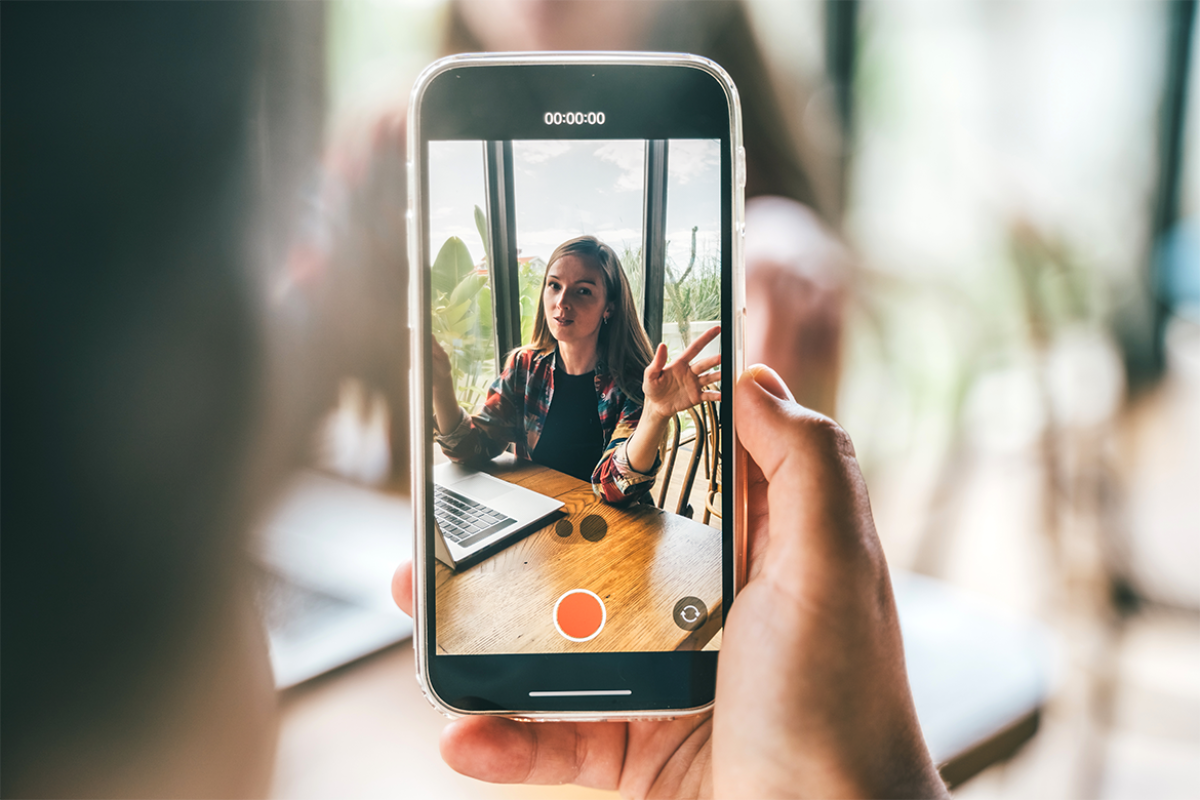The biggest research competition for medical students, residents, fellows and international medical graduates comes with a prize that fits the stakes. Taking place Feb. 6, 7 p.m. CST, the AMA Research Challenge Finals offers a $10,000 prize and a widely viewed finale broadcast live on Facebook and LinkedIn.
Each of the five finalists, a group that includes four medical students and one fellow, appeared on a recent episode of AMA’s “Making the Rounds” podcast, which is available on Apple Podcasts, Spotify or anywhere podcasts are offered.
Here is what you should know about each of the five finalists in the AMA Research Challenge.
Clockwise, from left: Alice Chen, Jack Gomberg, Jesse Kirkpatrick, Matthew Segar, MD, Srujith Medharametla
Alice Chen
- Poster: Effect of mesenchymal stromal cell delivery through cardiopulmonary bypass in a piglet model (PDF).
- Medical school: George Washington University School of Medicine & Health Sciences.
- On the importance of mentors in research: “A good mentor should really encourage clear and open communication at all times. They should be able to explain complex concepts, provide constructive feedback, and maintain that open line of communication with their mentees. I also think mutual adaptability is super important too in this mentor-mentee relationship. Just like every mentor is unique, every mentee is unique, and a good mentor adapts your mentoring style to suit the individual needs and preferences of each mentee.”
Jack Gomberg
- Poster: White Matter Markers for Treatment Outcomes in Major Depressive Disorder (PDF).
- Medical school: Icahn School of Medicine Mount Sinai.
- On the challenges of conducting research while training: “The biggest challenge was managing research on top of medical school itself. There's a lot of juggling that you have to do, for lack of a better term, with coursework, clinicals and being a productive member of a research team. So, finding out how to manage that on my own expectations and then also how to manage others' expectations both in clinic and also in research was really important.”
Jesse Kirkpatrick
- Poster: Detection of cholangiocarcinoma with protease activity probes (PDF).
- Medical school: Harvard Medical School.
- On what he’d do with the $10,000 prize: “Like many med students, I will be graduating with a fair amount of debt. And I think that in particular, physician scientists do have this kind of trade-off that they need to make between expected salary and the amount of research they want to do. Most physician scientists are expected, if they're not full-time clinical, to make up some of their—or a fair portion of their—salary through grants and other funding mechanisms. So having the opportunity to reduce my debt by $10,000 would really provide me a lot more freedom to focus on what really matters, which is being able to do the research that I need to do in addition to the clinical time that I want to have as part of my career.”
Srujith Medharametla
- Poster: Effects of Obesity on the Neuromuscular Junction of Genioglossus Muscle and Other Associated Muscles of Respiration (PDF).
- Medical school: Chicago College of Osteopathic Medicine, Midwestern University.
- On how his research will impact his career trajectory: “It has been very fruitful doing this research and I'm trying to look at internal medicine as a specialty. … obesity is something almost all physicians will have to deal with. … Understanding more of these effects of obesity, these minute effects, could help us in our practice. And so, as an internal medicine doctor in the future, I would have to look at these cases of obesity and just having more background on sleep apnea as well or obesity and it'll just help me be a better physician too.”
Matthew Segar, MD, MS
- Poster: Utilizing a ML-Enabled EMR Provider Workflow to Improve Non-Clinical Tasks (PDF).
- Institution: Texas Heart Institute.
- On advice he’d offer students, residents or fellows conducting research: “First, find a good question. Find something you're passionate about. When you're young in your career, it's very easy to find a project that may not be as interesting to you, but maybe because a mentor or someone is doing it that you kind of jump on. But if you can find a project that you really enjoy, it's a topic that you really want to learn more about, you're going to do so much better. And the second is find a good mentor.”
For medical students looking to hone their research skills, the AMA offers resources and programs that bring you from the basics all the way to the AMA Research Challenge where you can compete for a $10,000 prize.



